Review: Philips is an AI fan. But how smart is it?
The world’s first ‘AI-powered’ air purifier retails for $799 and promises to clean and cool down your home. Here’s how it stacked up.
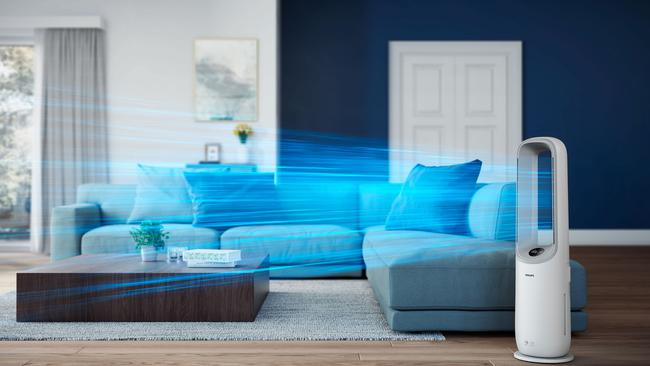
How’s the weather? Don’t know, let me check my fan.
That seems to be the way Philips Domestic Appliances sees the world moving, or at least with its latest device.
The company’s 2-in-1 Air Purifier and Fan, part of the Air Performer 7000 series, has a couple of sensors up its sleeve, and measuring the weather is one of the perks.
The device is powerful enough to cool a 70sq m room, according to Philips. Upon testing, we’re not so sure. But it’s probably the best of any pedestal fan we have tried.
The crux of the new device’s AI abilities appears to be part of a new beta mode released recently.
Auto+ uses artificial intelligence to improve air quality by analysing outdoor data, room size and behavioural patterns.
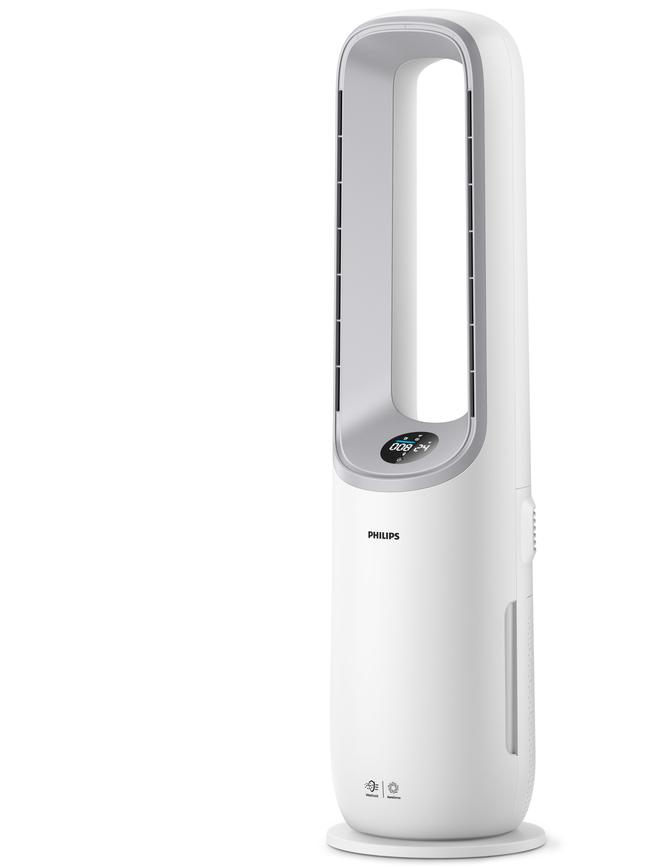
The new mode also reduces noise, energy consumption and brightness while the user is asleep.
This we did find to be true, and were grateful for. Bright lights don’t help with sleep and it’s nice not to have another device with a charging light so bright it keeps us up.
Other than Auto+, the device provides a few stats to users via the Philips Air+ app. Want to know how humid it is? You can. How about the indoor air quality? Also possible.
At the time of writing, the air quality was PM2.5, the temperature was 26C and the humidity was 28 per cent.
That temperature reading was between 2.5C and 1.5C different than that of the sensors of two neighbouring HomePod devices in the same room and 3C different to a mobile weather app.
The device will also tell you when to clean the filter and when to replace it, with a general focus on doing so every three months.
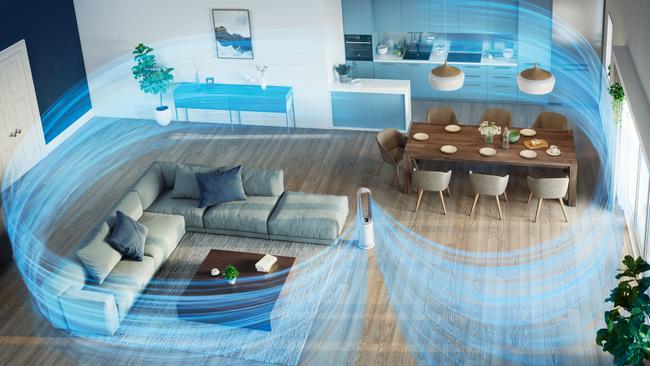
Smart features aside, there are 10 fan speeds, 10 circulation speeds and adjustable swinging modes.
As a fan, we liked it a lot. And the push of Dyson among other companies into the freestanding fan and purifier market shows there is demand.
In cities like Sydney, where it seems like there’s an objection to ceiling fans, it makes sense.
At $799, it’s a lot to pay for not a lot of capability. Have we used it every day since we received the test model? We have. Would we pay $799 had it not been for the review? Most likely not.





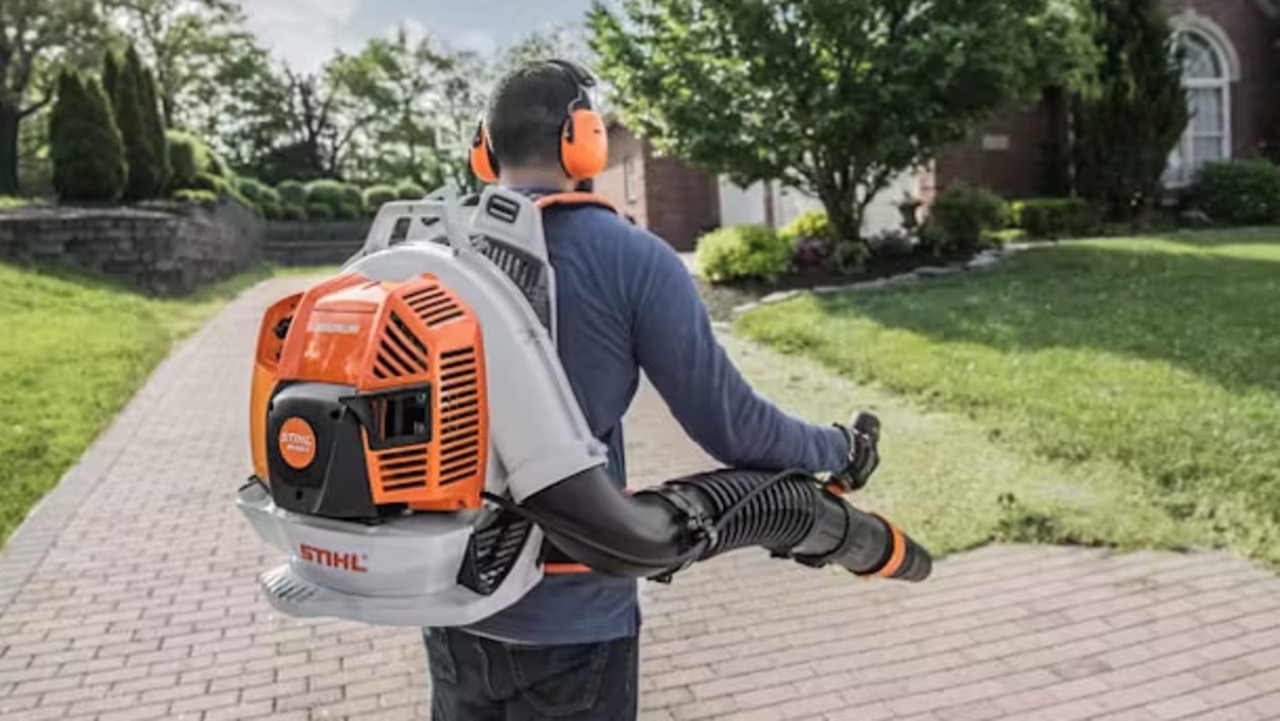
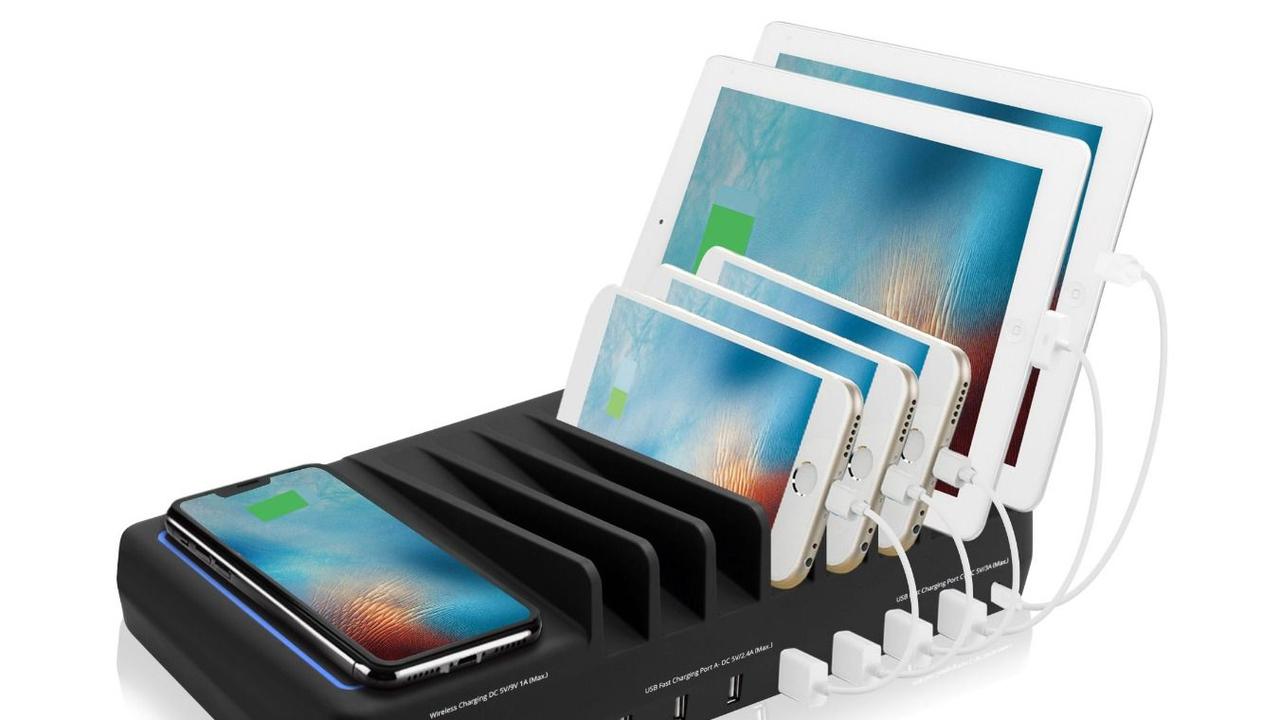
To join the conversation, please log in. Don't have an account? Register
Join the conversation, you are commenting as Logout